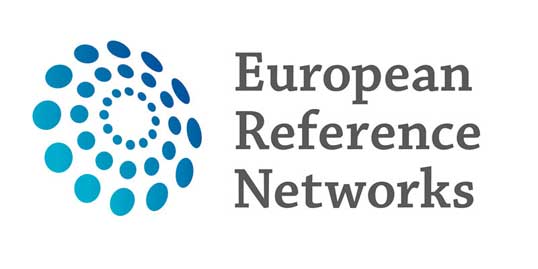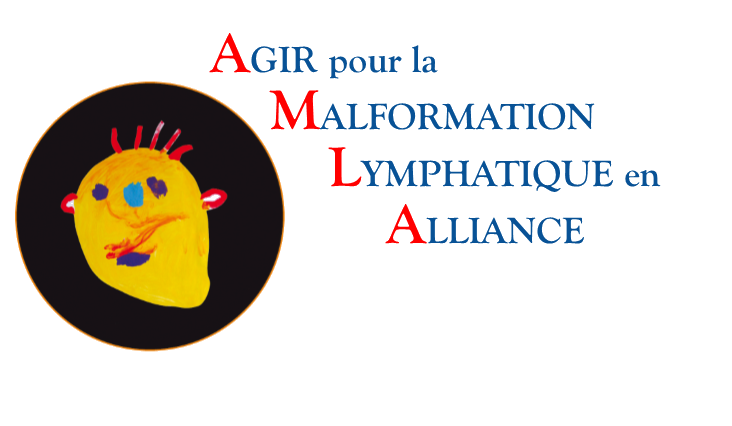L'association VASCAPA nous offre ICI tout ce que nous devons savoir sur les Malformations Lymphatiques et les Anomalies associées :
L’association VASCAPA (Vascular Anomaly Patient Association), regroupe et représente l’ensemble des malades atteints d’anomalies vasculaires. Elle a pris son envol le 5 mai 2012 sous l’impulsion des professeurs Laurence Boon et Miikka Vikkula; co-fondateurs du Centre des Malformations Vasculaires des Cliniques universitaires Saint-Luc (UCL) de Bruxelles, unique en Europe. Ses ambitions : mettre les projecteurs sur ces maladies délaissées, enclencher un mouvement d’entraide entre les patients, faire bouger les lignes en termes de soins et de protection sociale, booster la recherche pour nourrir l’espoir. L'association VASCAPA est présidée par Anne-Marie Monami-Flas.
L'Association Lymphangiomes a rencontré l'équipe de VASCAPA en septembre 2016 à Bruxelles.

The lymphatic malformations are congenital in nature. During embryogenesis, an anomaly appears on the formation of the lymphatic bags or the development of the early vessels. Research to find the relevant genes continues. Some of these studies have already allowed to identify certain factors that contribute to the proliferation and abnormal character of the lymphatic vessels.





